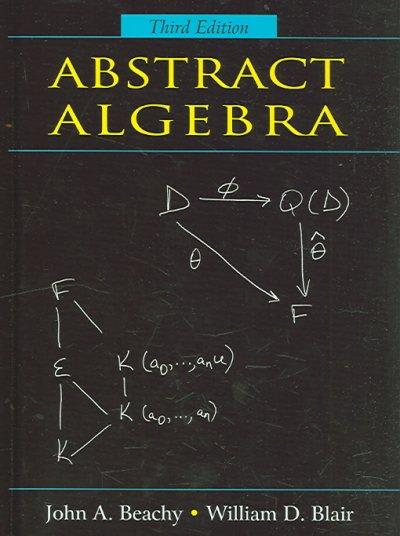Question
computer network. Interestingly, today the same SABRE system is used to power popular Web-based travel services such as Travelocity! In 1970, Edgar Codd, at IBM's
computer network. Interestingly, today the same SABRE system is used to power popular Web-based travel services such as Travelocity! In 1970, Edgar Codd, at IBM's San Jose Research Laboratory, proposed a new data representation framework called the relational data model. This proved to be a water- shed in the development of database systems: it sparked rapid development of several DBMSs based on the relational model, along with a rich body of theoretical results that placed the field on a firm foundation. Codd won the 1981 Turing Award for his seminal work. Database systems matured as an academic discipline, and the popu- larity of relational DBMSs changed the commercial landscape. Their benefits were widely recognized, and the use of DBMSs for managing corporate data became stan- dard practice. In the 1980s, the relational model consolidated its position as the dominant DBMS paradigm, and database systems continued to gain widespread use. The SQL query language for relational databases, developed as part of IBM's System R project, is now the standard query language. SQL was standardized in the late 1980s, and the current standard, SQL-92, was adopted by the American National Standards Institute (ANSI) and International Standards Organization (ISO). Arguably, the most widely used form of concurrent programming is the concurrent execution of database programs (called transactions). Users write programs as if they are to be run by themselves, and the responsibility for running them concurrently is given to the DBMS. James Gray won the 1999 Turing award for his contributions to the field of transaction management in a DBMS. In the late 1980s and the 1990s, advances have been made in many areas of database systems. Considerable research has been carried out into more powerful query lan- guages and richer data models, and there has been a big emphasis on supporting complex analysis of data from all parts of an enterprise. Several vendors (e.g., IBM's DB2, Oracle 8, Informix UDS) have extended their systems with the ability to store new data types such as images and text, and with the ability to ask more complex queries. Specialized systems have been developed by numerous vendors for creating data warehouses, consolidating data from several databases, and for carrying out spe- cialized analysis. An interesting phenomenon is the emergence of several enterprise resource planning (ERP) and management resource planning (MRP) packages, which add a substantial layer of application-oriented features on top of a DBMS. Widely used packages include systems from Baan, Oracle, PeopleSoft, SAP, and Siebel. These packages identify a set of common tasks (e.g., inventory management, human resources planning, finan- cial analysis) encountered by a large number of organizations and provide a general application layer to carry out these tasks. The data is stored in a relational DBMS, and the application layer can be customized to different companies, leading to lower
Step by Step Solution
There are 3 Steps involved in it
Step: 1

Get Instant Access to Expert-Tailored Solutions
See step-by-step solutions with expert insights and AI powered tools for academic success
Step: 2

Step: 3

Ace Your Homework with AI
Get the answers you need in no time with our AI-driven, step-by-step assistance
Get Started


